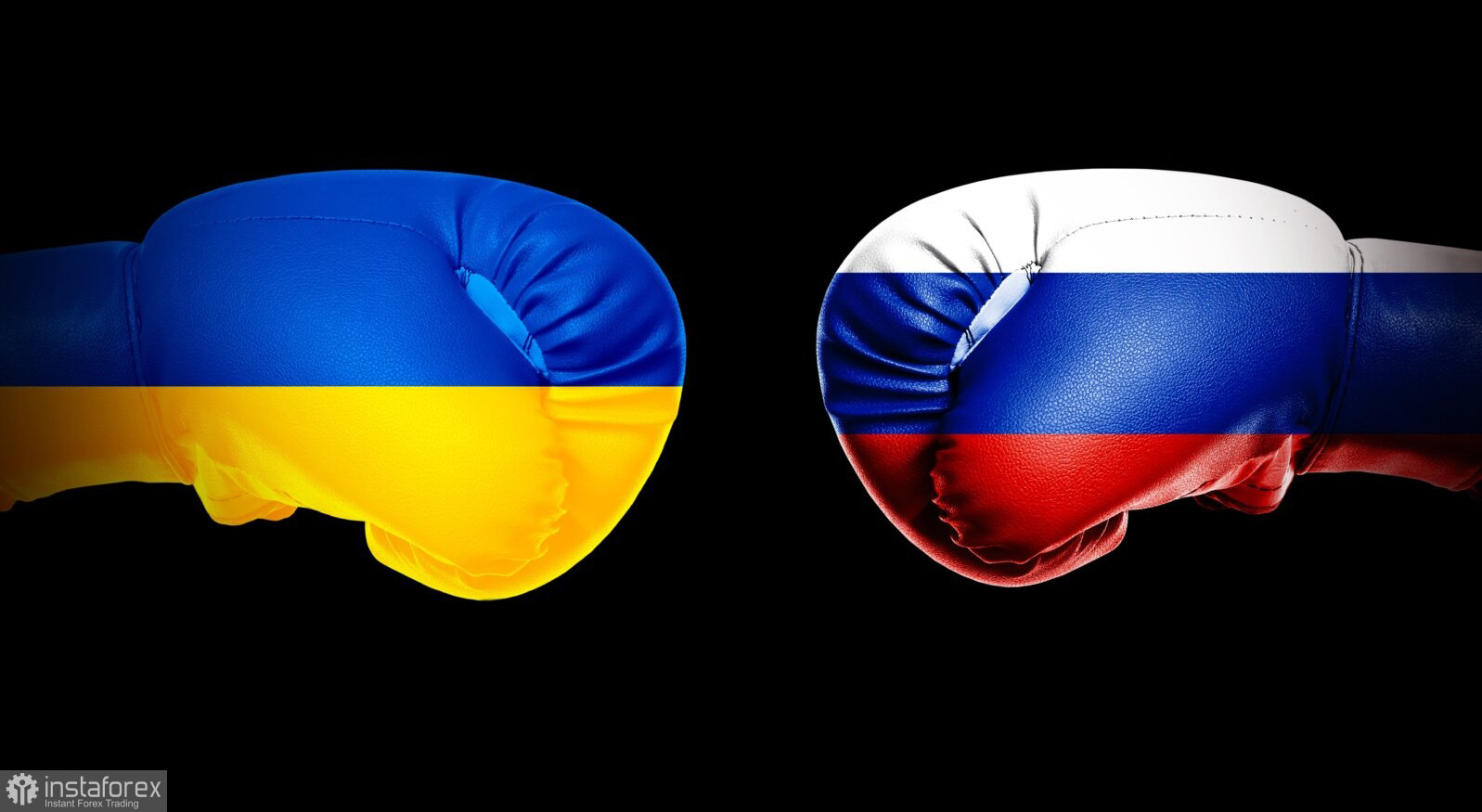
The key US stock market indices - Dow Jones, NASDAQ, and S&P 500 - ended Thursday with a new fall. Not as strong as the day before, but still falling. Thus, we continue to note that everything is going as far as we predicted. In principle, this is not surprising, because, given the Fed's intentions to raise the rate and the quantitative tightening program (QT), nothing else can be expected. This was discussed by many experts, including us, back in January-February. There was no important news and events yesterday. The key report of this week was the American inflation, which only "pretended" that it began to slow down. It is quite difficult to call the decline to 8.3% even a decrease. However, there are real reasons to expect that it will decline now. The problem is that it can do this disproportionately to the tightening measures that the Fed is taking. Let's explain what we mean. Now the Fed is considering the option of raising the rate to at least 2.5% (neutral level). In the future - up to 3.5%. Who said that 3.5% is enough for inflation to return to 2%? We believe that the American regulator may well face a situation where inflation will remain above the target level, while the rate will be so high that its further growth will lead to a recession of the economy. Recall that inflation is now influenced by many factors, among which some do not depend on the Fed or America. For example, the disruption of logistics chains around the world due to the pandemic, and the military conflict in Ukraine.
By the way, there is still no news from Ukraine. The conflict is still in the phase of positional battles without serious advances on both sides. However, geopolitics in the world is becoming more and more interesting. Within a week (presumably on May 16), Sweden and Finland are going to apply for membership in NATO. Official Moscow has already stated that such a step will not contribute to improving security on the continent. The Kremlin also made it clear that it would be forced to react and regard Finland and Sweden as enemy countries after this moment. NATO also made it clear that the entry of both countries into the bloc could take place as quickly as possible. Of course, we do not believe in another "special operation", but until February 24, few people believed in a "special operation" in Ukraine. One thing is for sure: the situation is not improving, and peace talks have long failed. Ukraine is currently at the stage of accumulating NATO weapons, at the stage of training its fighters to handle Western equipment, and then preparing to go on a counteroffensive. Kyiv's goal is to completely liberate Ukrainian lands and restore the integrity of the borders that were in effect until 2014. To do this, Ukraine will have, at least, enough of the latest weapons and equipment. It can be assumed that there will be many more bloody battles in the future, and the food and energy crisis will only increase, which will affect the whole world.





















